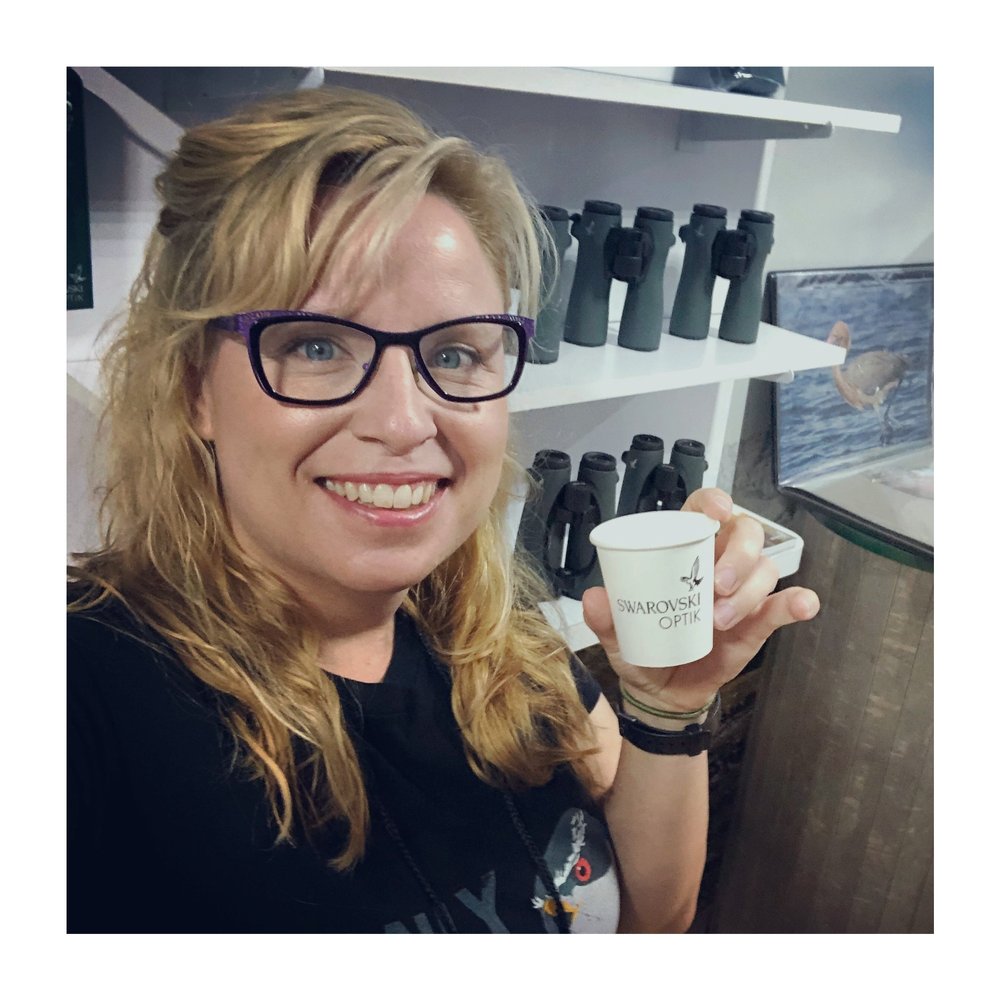In the interest of closure here are some follow ups to the Walda Cameron cardinal killing essay. First there is an article by Scott Shalaway in the Sunday Charleston Gazette on his thoughts on the article as well as a few quotes by Senior Newsweek Editor Nancy Cooper.
This week Newsweek printed some letters regarding the essay. They apparently only had the space to print two:
A Gun-Toting Granny
As a wildlife rehabilitator, I constantly field calls from people asking for help with wildlife conflicts. I wish Walda Cameron had asked a professional for help instead of illegally—and cruelly—shooting the cardinal that was bothering her ("Why I Broke One of My 'Cardinal' Rules," my turn, Feb. 12). There are many ways to humanely prevent birds from banging into windows—which usually happens only in spring and summer, when territorial males mistake their reflections for intruders. You can keep blinds or curtains pulled, affix holographic decals, sun catchers, or cut-outs of hawk silhouettes outside windows, or install "invisible netting," which is nearly invisible to the human eye, to keep birds from hitting windows. With a little patience and understanding, it's easy to live in harmony with our feathered neighbors.
Evelyn Flengas
Virginia Beach, Va.
Walda Cameron's essay may have struck readers as simply amusing satire. But many Audubon members and others who care about wildlife are concerned that some readers may miss the satire and be tempted to mimic the proposed solution. We'd like to remind them that some actions are both wrong and unnecessary. Whether one is a bird lover or not, it is not only wrong but illegal to kill a northern cardinal or any species protected by the Migratory Bird Treaty Act. And, in fact, it is possible to prevent bird collisions with windows and other structures by removing the reflection from the places where they peck. This method is most successful when something is put on the outside of the window—a decal, screen, windsock—to break up its reflective nature. Instead of rethinking her belief system, the author could have put more effort into living it.
Greg Butcher, V. P. of Bird Conservation
National Audubon Society
Washington, D.C.
Hopefully this will be the last I have to hear or write about this.
